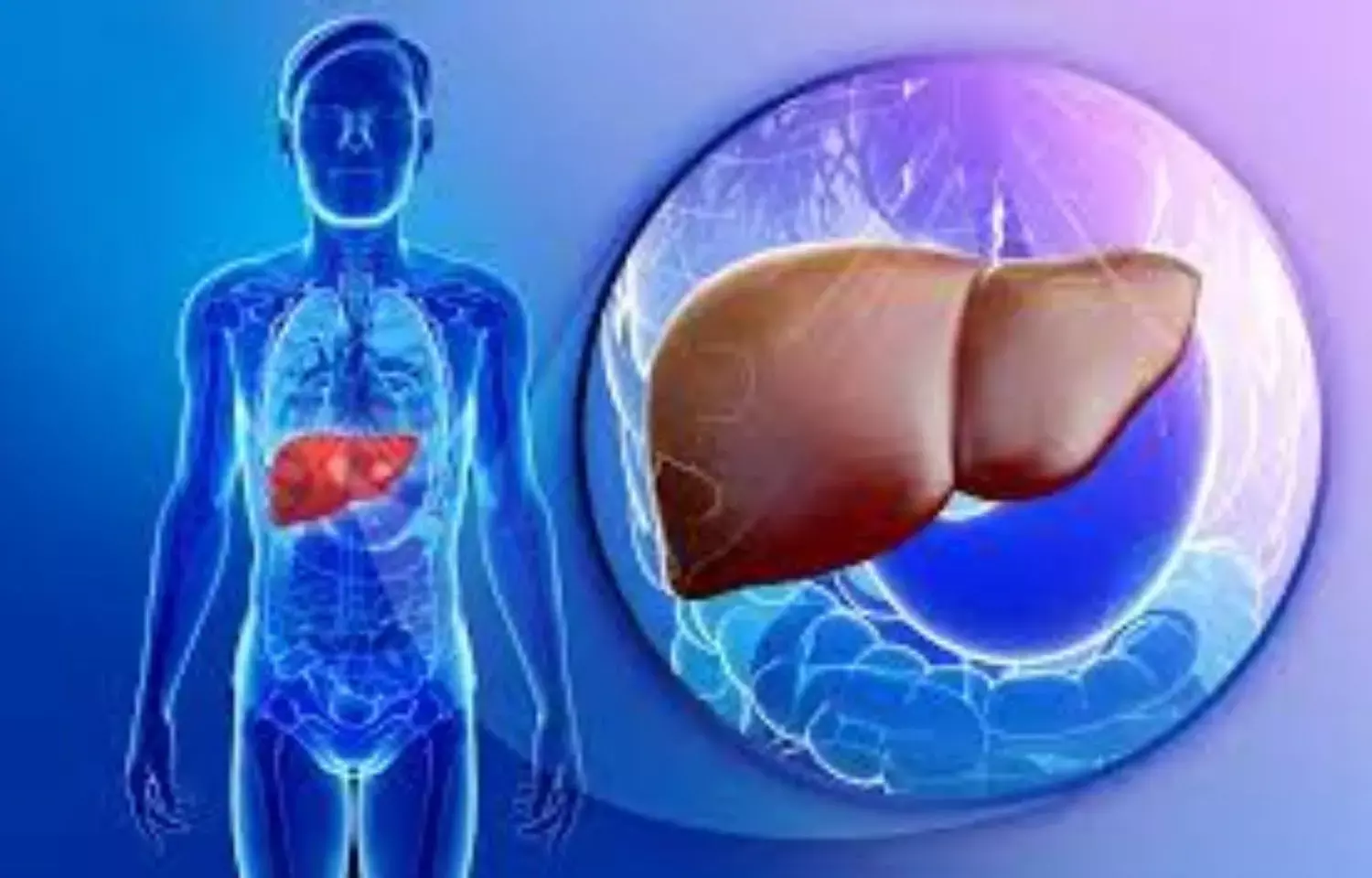- Home
- Medical news & Guidelines
- Anesthesiology
- Cardiology and CTVS
- Critical Care
- Dentistry
- Dermatology
- Diabetes and Endocrinology
- ENT
- Gastroenterology
- Medicine
- Nephrology
- Neurology
- Obstretics-Gynaecology
- Oncology
- Ophthalmology
- Orthopaedics
- Pediatrics-Neonatology
- Psychiatry
- Pulmonology
- Radiology
- Surgery
- Urology
- Laboratory Medicine
- Diet
- Nursing
- Paramedical
- Physiotherapy
- Health news
- Fact Check
- Bone Health Fact Check
- Brain Health Fact Check
- Cancer Related Fact Check
- Child Care Fact Check
- Dental and oral health fact check
- Diabetes and metabolic health fact check
- Diet and Nutrition Fact Check
- Eye and ENT Care Fact Check
- Fitness fact check
- Gut health fact check
- Heart health fact check
- Kidney health fact check
- Medical education fact check
- Men's health fact check
- Respiratory fact check
- Skin and hair care fact check
- Vaccine and Immunization fact check
- Women's health fact check
- AYUSH
- State News
- Andaman and Nicobar Islands
- Andhra Pradesh
- Arunachal Pradesh
- Assam
- Bihar
- Chandigarh
- Chattisgarh
- Dadra and Nagar Haveli
- Daman and Diu
- Delhi
- Goa
- Gujarat
- Haryana
- Himachal Pradesh
- Jammu & Kashmir
- Jharkhand
- Karnataka
- Kerala
- Ladakh
- Lakshadweep
- Madhya Pradesh
- Maharashtra
- Manipur
- Meghalaya
- Mizoram
- Nagaland
- Odisha
- Puducherry
- Punjab
- Rajasthan
- Sikkim
- Tamil Nadu
- Telangana
- Tripura
- Uttar Pradesh
- Uttrakhand
- West Bengal
- Medical Education
- Industry
Obeticholic acid linked to better transplant-free survival in primary biliary cholangitis: Study

UK: As per a study employing individuals from the randomized POISE trial that was published in the journal Gastroenterology, patients suffering from primary biliary cholangitis (PBC) who were taking obeticholic acid (Ocaliva) had higher transplant-free survival than those who weren't.
"This is the first trial to show that management with obeticholic acid is related to a decline in death, liver transplant, and hepatic decompensation. The objective of therapy in individuals with PBC is to minimize advancement to these outcomes," the authors said.
PBC is a rare autoimmune cholestatic liver disease that damages the intrahepatic bile ducts over time, causing cholestasis, inflammation, and fibrosis in the process. Patients who do not receive care may develop end-stage cirrhosis, which can result in hepatic decompensation and, in the absence of a transplant, death. Most PBC victims are women over 40. Alkaline phosphatase (ALP), a liver enzyme that is known to have harmful effects, is one that obeticholic acid attempts to suppress. The FDA restricted the use of obeticholic acid in 2021 because of the possibility of substantial liver damage in those with advanced cirrhosis. It was initially approved in 2016 as a second-line therapeutic option for PBC patients who demonstrate intolerance to or inadequate response to first-line UDCA.
This research aimed to compare OCA-treated patients in the POISE trial and open-label extension with equivalent non-OCA-treated external controls in terms of time to first liver transplant or death.
The researchers compared statistics on PBC patients who did not receive obeticholic acid from two registry studies, Global PBC (n=1,381) and U.K. PBC (n=2,135) to data on PBC patients who did receive obeticholic acid from the multicenter, double-blind, placebo-controlled POISE trial (n=209), including 193 patients who rolled over into its open-label extension trial. All of the patients that were included did not respond well to UDCA. Patients who experienced incidents within the first six months were disqualified. The results, however, were still significant and did not change even when incidents that happened during the first six months were included, according to an ad hoc sensitivity analysis. The average patient age ranged from 56 to 61. Women made up the majority (89–91%). Most had been using UDCA for 40 to 48 months on average. The sickness lasted an average of 4.5 to 7.8 years.
Key points of the study:
- Five deaths or liver transplants occurred throughout the course of the 6-year follow-up in 209 individuals in the POISE cohort (2.4%), 135 patients in the Global PBC control (13.8%), and 281/2135 patients in the UK PBC control (13.2%).
- The hazard ratios (HR) for the primary outcome for POISE vs. Global PBC and POISE vs. UK PBC were 0.29 and 0.30, respectively.
- In the Global PBC study, the hazard ratio (HR) was 0.20 for patients with cirrhosis and 0.31 for those without cirrhosis; the HR was 0.42 (95% CI 0.21, 0.85) when hepatic decompensation was taken into account.
According to Hansen and colleagues, the findings of this investigation "support the ongoing use of long-term OCA therapy to improve the prognosis for individuals with PBC and the use of surrogate markers to speed up medication approval in uncommon disease.
REFERENCE
Murillo Perez CF, et al "Greater transplant-free survival in patients receiving obeticholic acid for primary biliary cholangitis in a clinical trial setting compared to real-world external controls" Gastroenterology 2022; DOI: 10.1053/j.gastro.2022.08.054.
Dr Kamal Kant Kohli-MBBS, DTCD- a chest specialist with more than 30 years of practice and a flair for writing clinical articles, Dr Kamal Kant Kohli joined Medical Dialogues as a Chief Editor of Medical News. Besides writing articles, as an editor, he proofreads and verifies all the medical content published on Medical Dialogues including those coming from journals, studies,medical conferences,guidelines etc. Email: drkohli@medicaldialogues.in. Contact no. 011-43720751


